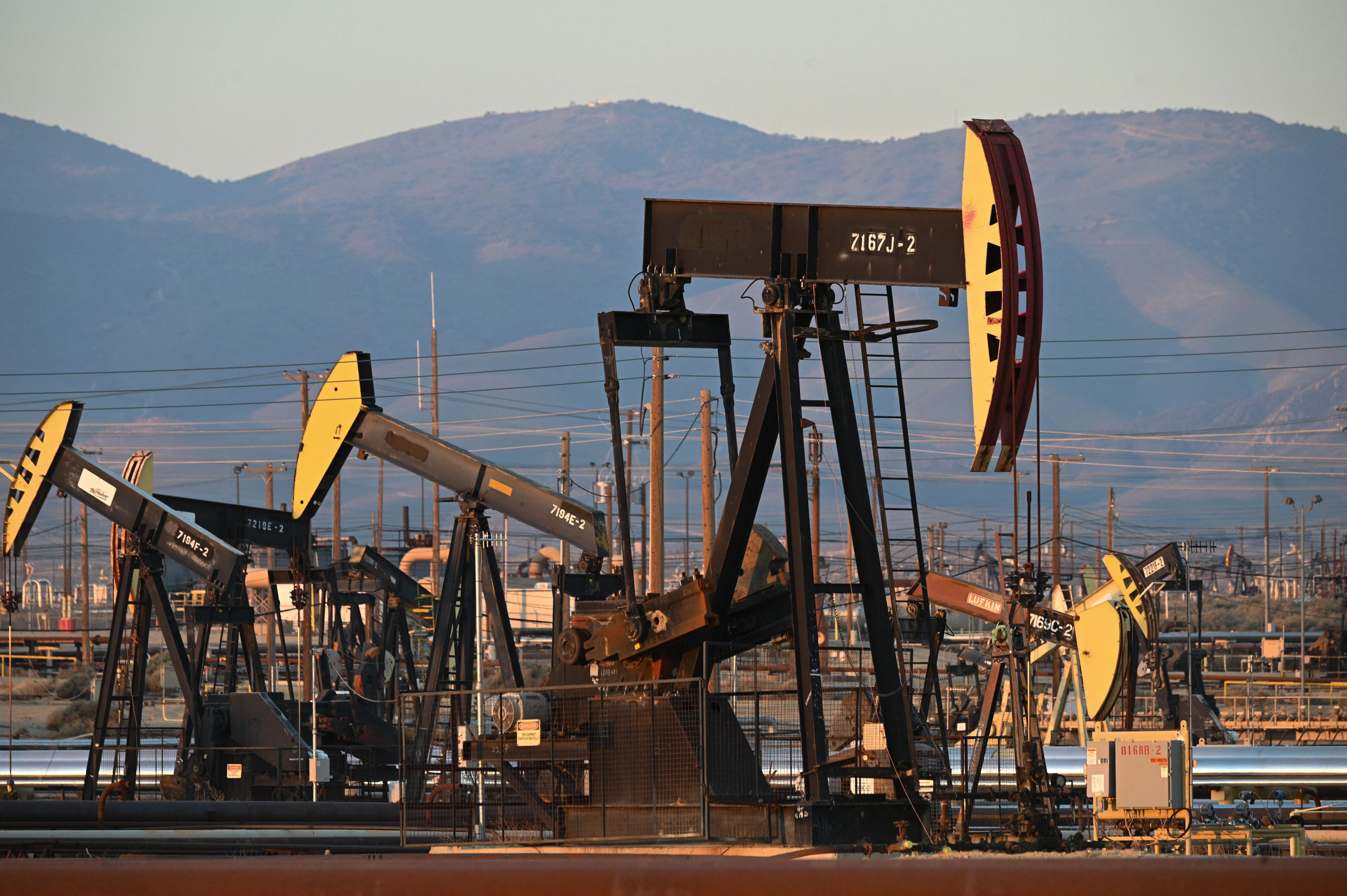B. Kidd
Diamond Member
Best comment so far. Well balanced and economically literate. Few people here want to examine the real economic choices available to the Fed or the real causes of worldwide inflation.
Controlling this inflation while preventing a major recession may prove impossible with traditional Fed tools. If the Ukraine War worsens, or the Cold War with China turns hot or just ends with a collapse in world trade and a series of new proxy wars, there is nothing any U.S. Party or the Fed itself will be able to do to stop a huge decline in standards of living here.
Even if the “external factors” above, which Powell talked discretely about in his announcement of the 75% rate increase, and the inflationary spiral is stopped in the next year or less, the system is set up so that the very rich will probably end up richer and the poor and less skilled working people much worse off. The Fed is worried also about systemic credit problems which may develop, and of course is prejudiced toward preventing major asset price declines which hurt the wealthy and make a collapse more likely too. But that is a much more complicated problem to tackle.
By the way, I think there is very little chance that wages will rise to match inflation or set off a wage-price spiral as in the seventies, given that the U.S. today totally lacks a strong domestic union movement.
In so many words, you stated what I always said, "Globalism is a failed paradigm."
Thank you.
And I do agree that the wild card in the deck IS CHINA! They already know it!!




